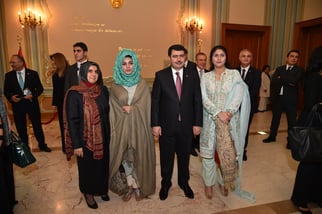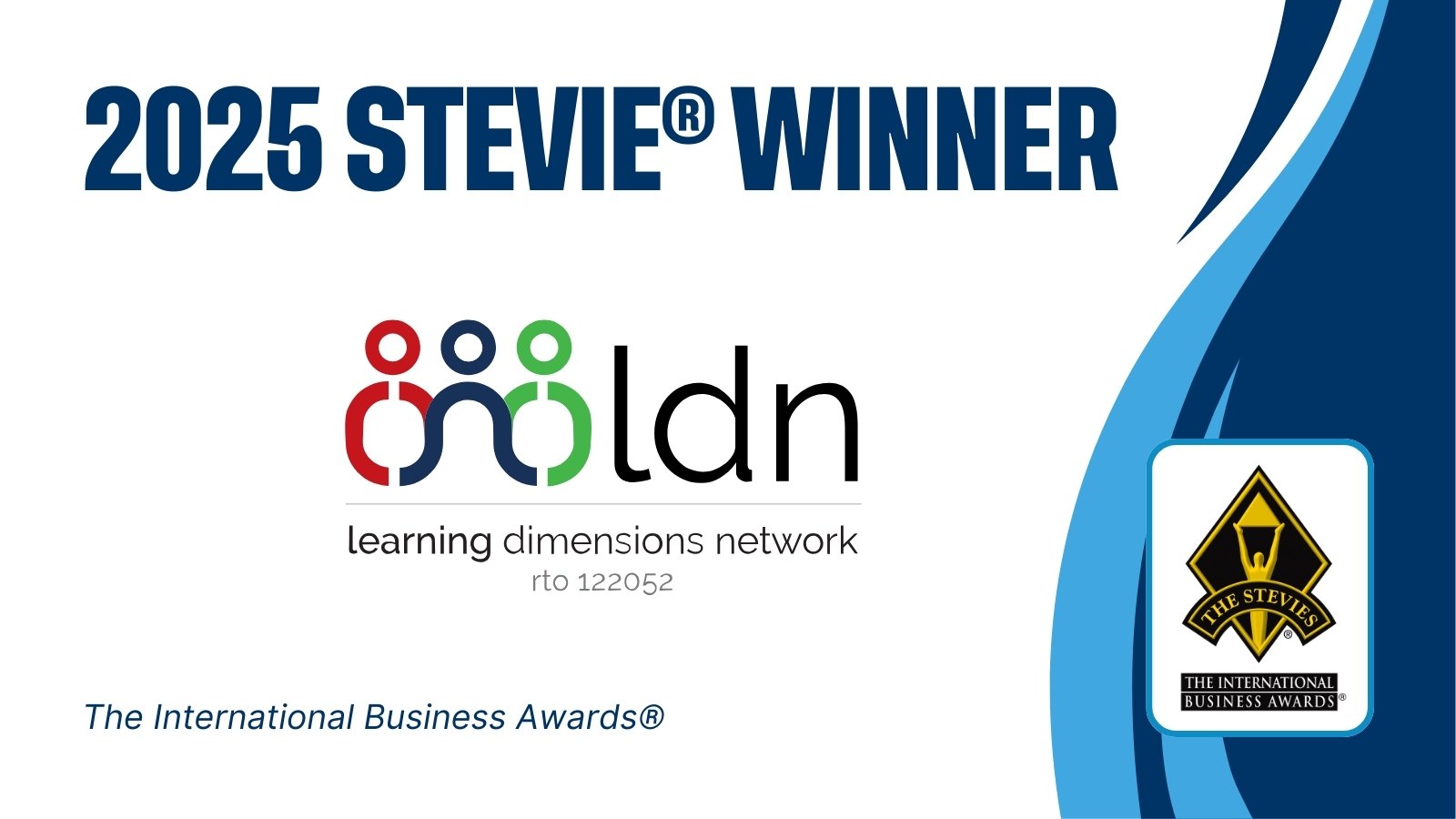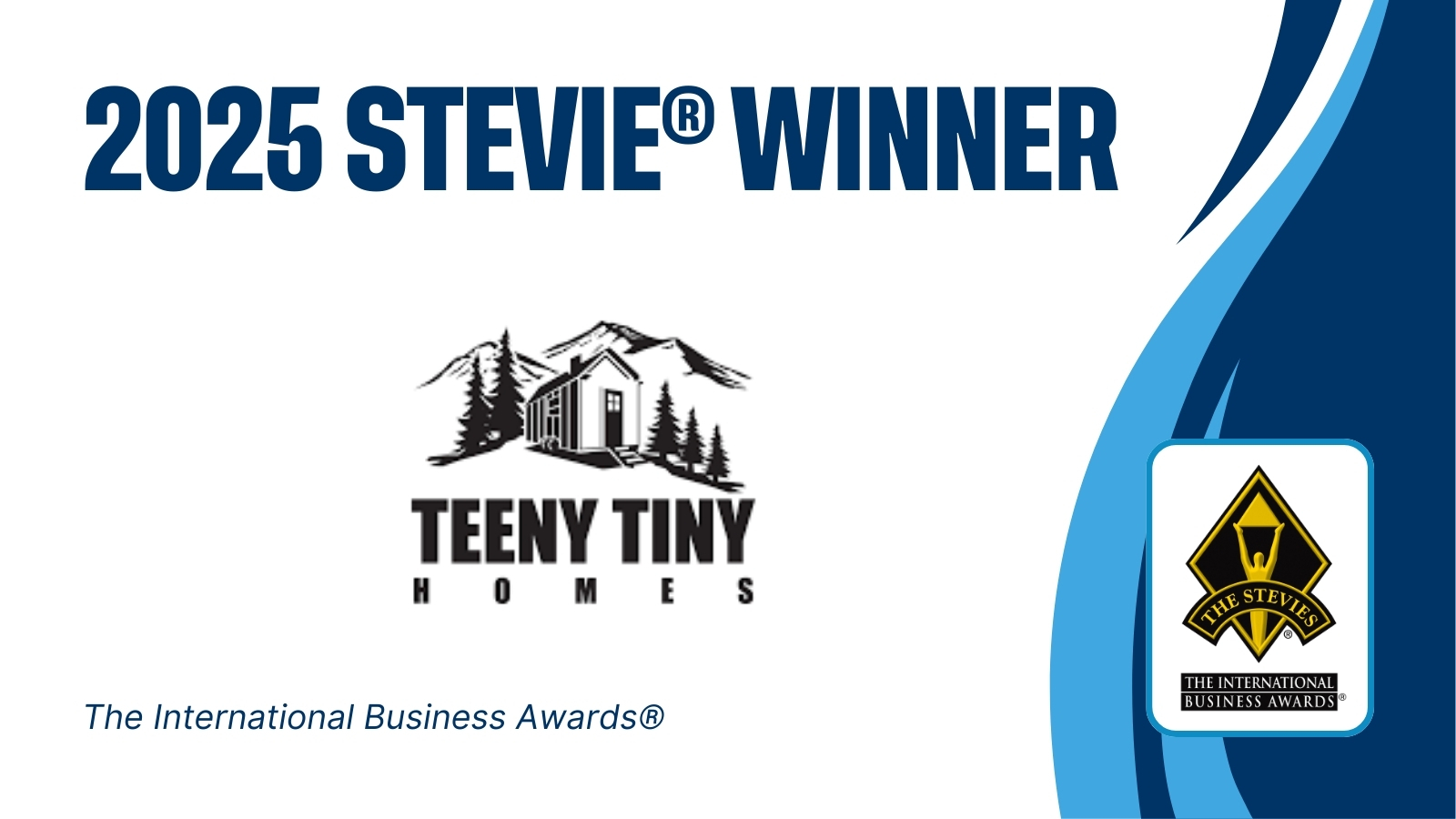Syeda Amna Nasir Jamal knows things could have ended up very differently. Faced with the untimely death of her father, a young Jamal suddenly held the reins of the family textile business in Pakistan. Though she had started to work for him at age 13, it wasn’t exactly a role for which she was prepared.
“After the death of my father, there were difficult challenges in our lives,” Jamal says. “We had plenty of setbacks and disappointments.”
Instead of losing hope, she pushed forward. Jamal would have a hand in virtually every aspect of the business, from marketing to human resources, providing the steadying force it needed.
 “I overcame obstacles by being shrewd,” she concedes. In time, she would create her own agricultural and textile trading firm, the Karachi-based SAN Enterprises.
“I overcame obstacles by being shrewd,” she concedes. In time, she would create her own agricultural and textile trading firm, the Karachi-based SAN Enterprises.
Despite her successes, Jamal wanted to do more. She found herself wanting to help the next generation of Pakistanis in overcoming their own obstacles ‒ be it poverty, a lack of education or gender biases ‒ to achieve success in life.
With that goal in mind, she set up a free school for underprivileged children on the SAN premises. Rather than being a distraction, she says the project had an overwhelmingly positive impact on the business. Jamal contends that it’s been a way to attract the sort of employees she values ‒ those wanting to make a positive change in the world.
“Initiatives for social good are one of the ways that you can show a job candidate what it is like to work at your company,” says Jamal. “Candidates want to know they work for a company whose values are aligned with their own.”
Eventually, Jamal created an NGO called the Tavuun Welfare Association so that she could make an even bigger impact within the city and nationwide. Through Tavuun, she’s helped set up a second school in the high-crime Lyari district of Karachi, which promotes academic achievement and civic engagement among women.
“Pakistani society has traditionally been patriarchal, where a female child is often regarded as an ‘unwanted’ being,” Jamal says. “Due to cultural and religious practices, gender discrimination and socioeconomic disparities are very visible.”
As the organization has developed, it’s taken on numerous other projects as well. Among them: a free clinic where low-income residents can receive medical care and a program that provides blankets and other necessities to disaster victims.
Changing hearts and minds
Alongside her work on the ground, Jamal is hoping to bring broader awareness to these issues in Pakistan. She’s created a policy and research organization that shines a light on the downtrodden in Pakistan and often writes for local news outlets on education, health and gender-related topics.
“Unfortunately, human rights is a concept that is still trivialized in the sub-continent,” she explains. “That’s why the current generation of young people has grown up without developing a sense of collective responsibility for social change.”
Changing those ingrained attitudes is a significant task, to be sure. For inspiration, Jamal says she turns to the ancient proverb: “You must do the thing you think you cannot do.”
What she has done so far is nothing short of extraordinary. For her tireless efforts, Jamal won Silver for “Female Innovator of the Year” at the Stevie® Awards for Women in Business in November, 2017. Her NGO, Tavuun Welfare Association, earned the Bronze Stevie for “Organization of the Year.”
Jamal says the recognitions will only help bring more attention to the organization and the causes that she’s trying to remedy. She’s also confident it will boost the morale of her staff and help make it easier to recruit and retain workers.
“Confidence begins with faith, self-determination and dedication to success,” she says. “Winning is an amazing feeling because it says that I am capable of bringing something special to the table.”












